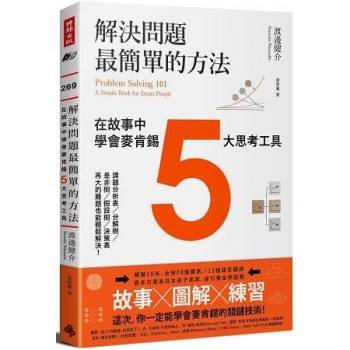Imaging is everywhere. We use our eyes to see and cameras to take pictures. Scientists use microscopes and telescopes to peer into cells and out to space. Doctors use ultrasound, X-rays, radioisotopes, and MRI to look inside our bodies. If you are curious about imaging, open this textbook to learn the fundamentals.
Imaging is a powerful tool in fundamental and applied scientific research and also plays a crucial role in medical diagnostics, treatment, and research. This undergraduate textbook introduces cutting-edge imaging techniques and the physics underlying them. Elementary concepts from electromagnetism, optics, and modern physics are used to explain prominent forms of light microscopy, as well as endoscopy, ultrasound, projection radiography and computed tomography, radionuclide imaging, and magnetic resonance imaging. This textbook also covers digital image processing and analysis. Theoretical principles are reinforced with illustrative homework problems, applications, activities, and experiments, and by emphasizing recurring themes, including the effects of resolution, contrast, and noise on image quality. Readers will learn imaging fundamentals, diagnostic capabilities, and strengths and weaknesses of techniques.
This textbook had its genesis, and has been vetted, in a "Biomedical Imaging" course at Lewis & Clark College in Portland, OR, and is designed to facilitate the teaching of similar courses at other institutions. It is unique in its coverage of both optical microscopy and medical imaging at an intermediate level, and exceptional in its coverage of material at several levels of sophistication.

 看圖書介紹
看圖書介紹










